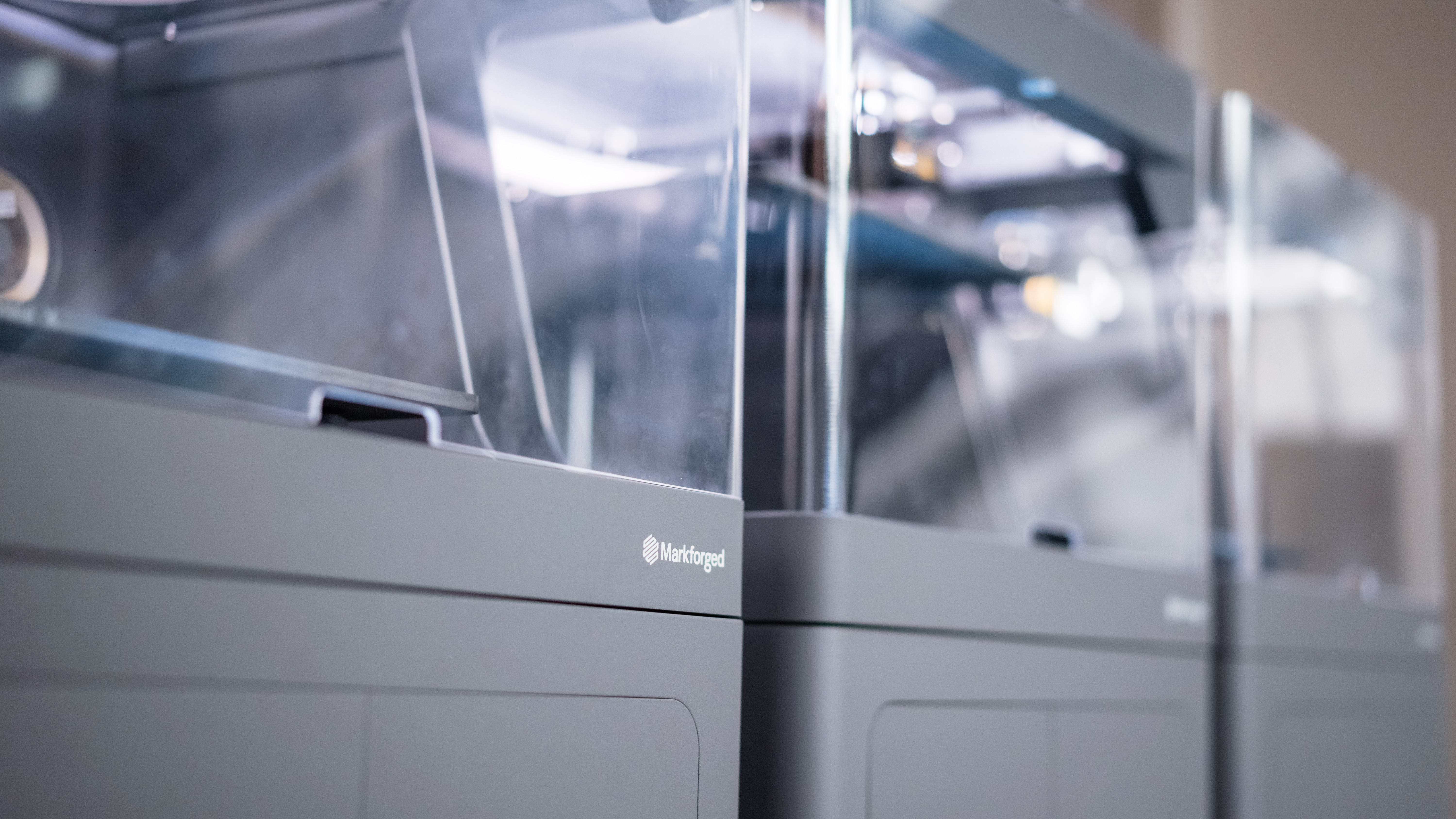Michigan’s Industry 4.0 knowledge center, Automation Alley, has launched Project DIAMOnD (Digital, Independent, Agile, Manufacturing on Demand) to aid Michigan manufacturers in scaling up their Industry 4.0 activities.
The project will create the U.S’ largest 3D printer network using a blockchain technology platform, initially focusing on the production of personal protective equipment (PPE) before expanding into other sectors.
“3D printing is accelerating quickly, and Project DIAMOnD will have Michigan setting the pace,” Tom Kelly, Automation Alley Executive Director and CEO, told MI Tech News.
“The goal of Project DIAMOnD is to build a product independence pipeline with 350 of the countries’ small and medium-sized manufacturers and inspire a new generation of manufacturing.”
Why blockchain?
A blockchain is a secure decentralized digital ledger which stores data and records information, known as “blocks”, across multiple computers. Theoretically, these blocks are immutable, unalterable, and the existence of a shared ledger means it is possible to detect tampering.
According to Kelly, building Project DIAMOnD’s network of 3D printers on blockchain technology is significant as it “democratizes” Industry 4.0, allowing even the smallest manufacturers to access the benefits of digitization.
Project DIAMOnD’s goals and requirements
Funded by a $10 million grant from Oakland County and a $2 million grant from Macomb County in June, the project was conceived to help manufacturers in these counties purchase and integrate Industry 4.0 technologies to support the manufacturing of PPE for the Covid-19 pandemic.
3D printers from composite and metal 3D printer provider Markforged have been chosen to implement Project DIAMOnD, alongside Microsoft’s Azure Cloud technology.
Initially beginning with PPE, the project intends to grow the pipeline for future projects which will strengthen Michigan’s manufacturing and supply chain activities. It’s hoped that this, in turn, will lessen Michigan’s reliance on foreign products and create a “self-governing” manufacturing ecosystem in the area.
Up to 300 small to medium-sized manufacturers from Oakland County, and 50 from Macomb County, can apply for a grant as part of the project. To be eligible, firms must have less than 500 employees and be identified by November 13.
Automation Alley will deliver the 3D printers and training on the Markforged software to selected companies by December 31. Eligible firms can apply to take part in Project DIAMOnD here, or find out more information at Automation Alley’s Integr8 Industry 4.0 conference, which will take place 9-10 November.

Recent collaborative 3D printing projects
A fellow project born out of the Covid-19 pandemic was the People’s PPE Project, led by academics at the University of Sheffield and the University of the Arts London (UAL) to deliver 3D printed masks, shields, and gowns to refugees living in Jordan’s Zaatari camp. The global multidisciplinary project also involved the help of United Nations High Commissioner for Refugees (UNHCR) Jordan and researchers from Al Abayt University and the University of Petra.
Elsewhere, 11 partners from Spain, Italy, Germany, Sweden, and Belgium, were brought together for Project BARBARA, a four-year EU-funded initiative tasked with producing bio-based materials from food waste. Eight new materials were developed that were suitable for 3D printing prototypes for the automotive and construction sectors.
In August, the U.S. national accelerator for additive manufacturing, America Makes, announced four new project calls to address materials data, process monitoring, data management, education, and workforce development within industrial 3D printing. Meanwhile, ASTM International launched its third round of funding to support research projects that encourage standardization across the additive manufacturing sector.
Most recently, Texas-based construction company ICON gained a NASA contract to develop a 3D printed off-world construction system for the Moon as part of Project Olympus. During the project, ICON will partner with architecture firms BIG and SEArch+ to design lunar structures using materials from the moon’s surface.

Subscribe to the 3D Printing Industry newsletter for the latest news in additive manufacturing. You can also stay connected by following us on Twitter and liking us on Facebook.
Be sure to subscribe to the Another Dimension podcast on your chosen podcast player to make sure you never miss an episode.
Looking for a career in additive manufacturing? Visit 3D Printing Jobs for a selection of roles in the industry.
Featured image shows the Automation Alley logo.


